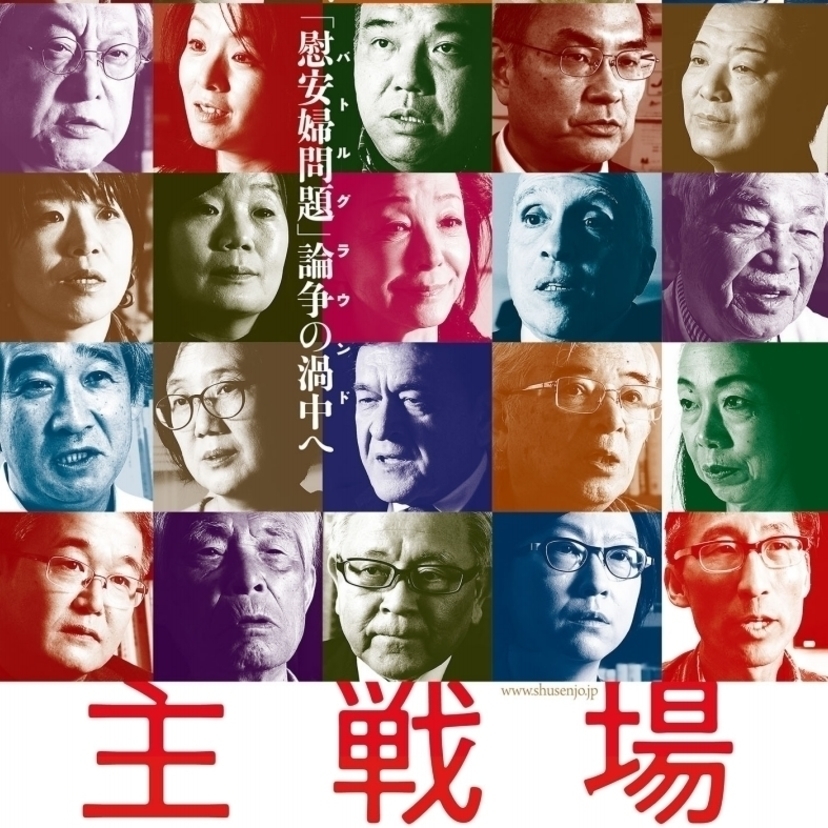A Dispute Settled but Never Resolved
One could say that under today's sense of values the Japanese government has a moral obligation respecting the issue. But at that time there were Korean parents who sold their daughters to Korean buyers, and there were Korean customers.
The practice was a fact of life in Korea. So there were no riots in Korean society and Korean soldiers in the Japanese military never revolted.
South Korea's Syngman Rhee administration (1948-1960) was anti-Japanese. But it is also a fact of life that the Rhee administration did not seek to hold Japan responsible or demand compensation for the comfort women matter.
Nevertheless, scholars like Yoshimi and Hayashi have encouraged propaganda with a political purpose by anti-Japanese organizations, endorsing the fabricated story that the comfort women system was a slavery system by the Japanese military. Regrettably, their lack of scholarship reflects upon their academic integrity.
If a person like Yoshimi or Hayashi had been living in the war era and met women like Kim or Shirota, would he have tried to save them?
If they think Kim and Shirota lived unfortunate lives, then they should take care of former comfort women in need and help them to live peacefully, rather than using them as tools of their political activities. If their hearts really ache for unfortunate Korean women, they should tackle the human rights of these women in today's world.
For example, prostitution was banned in South Korea, as a result of which many Korean prostitutes were sent abroad, often trapped by vicious vendors. One such young Korean woman was detained by immigration and customs at the Sydney Airport. She was shown on TV complaining in tears, "Korea drives me crazy."
Moreover, there are many reports that women who fled for their lives from North Korea to China are living in China as true sex slaves.
It is insincere and self-righteous to ignore the existing, urgent violations of Korean women's rights today, while instead erecting comfort women statues and making biased films touting war era falsehoods. Those who do so pretending to be good people, but they and all those who support them are merely hypocrites.
The Next Film will be Takashi Uemura's Story
A newsflash came across my desk as I was finishing this report. It said that Shinji Nishijima, a film director formerly on the staff of RKB Mainichi Broadcasting Corporation, may be drawing up plans for a film supporting the former Asahi Shimbun reporter, Takashi Uemura. It is said the title of the film will be The Target and it intends to develop the claim that Uemura was targeted by unjust suppression of his right to free speech.
Investigating the report, I was able to determine that funds are being raised at an Asahi Shimbun crowdfunding site named A-Port. A radical anti-Japanese activist named Tessa Morris-Suzuki, a professor at Australian National University, also appears to be involved in the project. About 56 percent of the fundraising target has been achieved, with about 100 days before the site closes.
Part of the film has already been recorded. The trailer begins with the sentence, "Japan's justice is in question." Activists are busy bringing lawsuits and waging information warfare. It is exhausting, but their enthusiasm presents a good example to follow.
Attacks exploiting the pitiful women who lived through the poverty and misfortune of the war era as political tools are hypocritical.
The anti-Japanese activists using these women as provocations do not aim to settle the comfort women issue.
What they really seek is simply to make Japan look like the most evil country in the history of the world. And they will use every possible means and excuse to denounce Japan and Japanese people forever.



